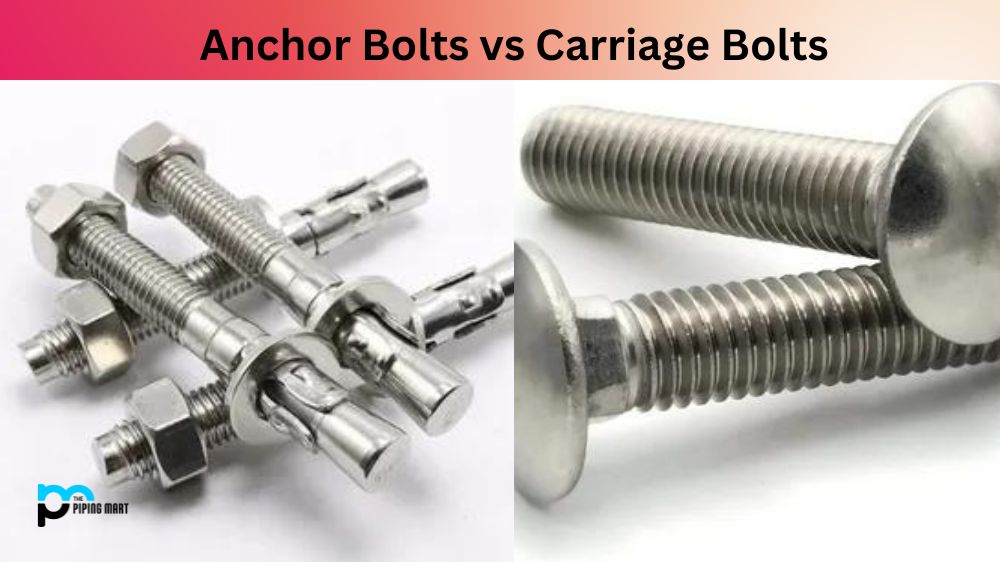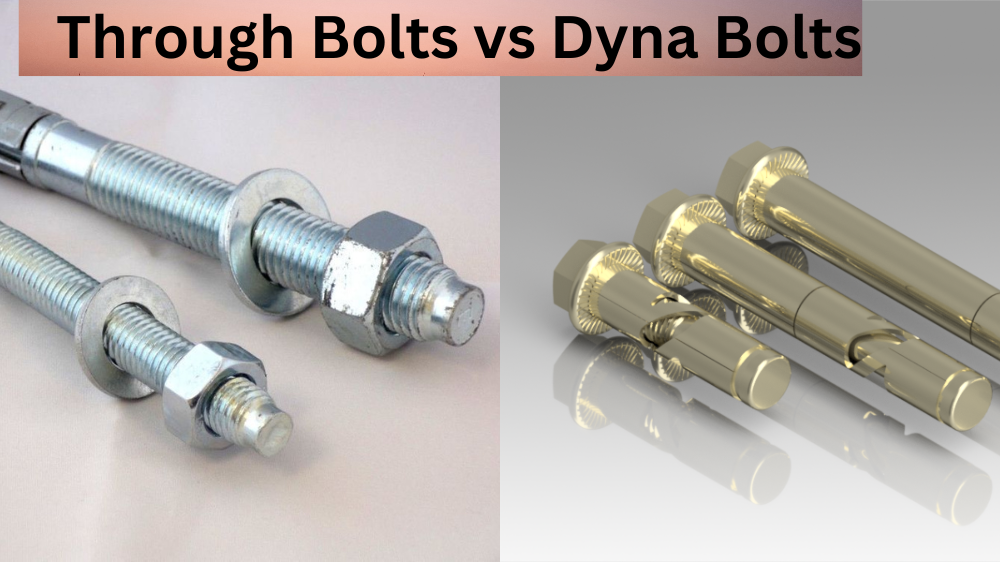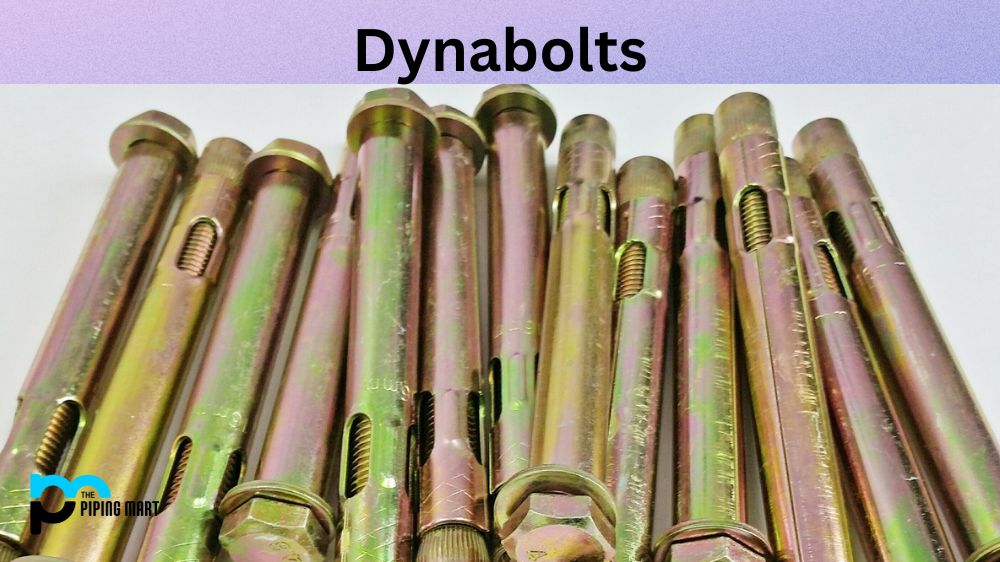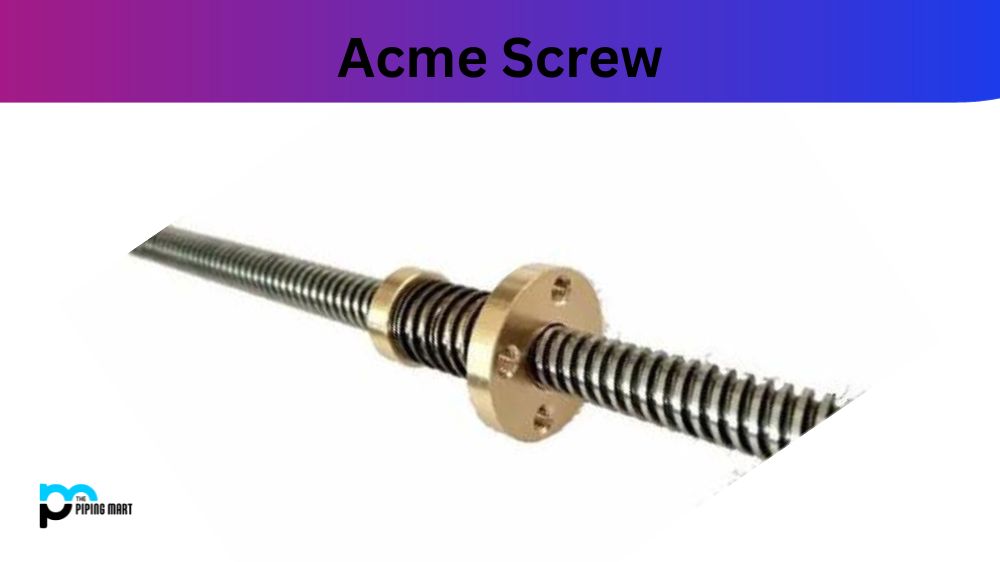When choosing hardware for securing structures, anchor bolts and carriage bolts are two popular options. As an expert in the industry, I have seen these two types of bolts being used interchangeably, leading to errors in installation and potential safety hazards. Therefore, it is essential to understand the key differences between anchor bolts and carriage bolts before selecting the best option for your project. This blog post will dive deep into each bolt’s characteristics, uses, advantages, and disadvantages.
Definition and Characteristics:
Anchor bolts are heavy-duty bolts used to secure heavy loads to concrete surfaces. They come with a threaded end to be inserted through drilled holes in concrete or masonry blocks. Anchor bolts are available in different grades and sizes and must meet specific quality standards, such as ASTM F1554 or ASTM A36. Carriage bolts, on the other hand, are wood bolts that feature a domed head and a square shank that grips the wood to prevent spinning. They are used primarily for wooden structures and tend to be less strong than anchor bolts.
Difference Between Anchor Bolts and Carriage Bolts
Uses and Applications:
Anchor bolts are used in many construction projects, including building foundations, bridges, pipelines, and power plants. Carriage bolts are more commonly used in wooden structures, such as decks, timber frames, and furniture. They also secure non-structural items like machinery parts, signs, and lighting fixtures.
Advantages:
Anchor Bolts and Carriage Bolts are both types of fasteners used for connecting two or more items securely and reliably. Anchor bolts are ideal for installing structures into concrete foundations due to their longer shank and stronger gripping power. On the other hand, carriage bolts offer better versatility as they have a smooth round head that enables them to be installed without any obstruction from surrounding objects. Furthermore, they feature a square shoulder underneath the head, which helps prevent the bolt from turning when tightened. In summary, anchor bolts are great for use with concrete, while carriage bolts provide greater versatility in almost any situation.
Installation and Maintenance:
Installing both anchor bolts and carriage bolts is crucial to ensure they function safely and effectively. Anchor bolts require drilling a hole of the exact size and depth in the concrete or masonry surface. Then, the anchor bolt is inserted into the hole, and the nut is tightened to secure it in place. Carriage bolts are inserted into pre-drilled holes in wood, and the nut is tightened to secure the bolt. In both cases, regular maintenance and inspections are necessary to detect problems like corrosion, cracking, or loosening and fix them before they cause structural damage.
Cost and Availability:
The cost and availability of anchor and carriage bolts vary depending on the size, grade, and material. Generally, anchor bolts are more expensive than carriage bolts because of their high-quality standards, more complex installation processes, and corrosion resistance. Anchor bolts also require specialized equipment for drilling holes in concrete, increasing the overall project cost. However, both bolts are widely available at hardware stores, online retailers, and specialized construction supply shops.
Conclusion:
In summary, anchor bolts and carriage bolts are vital hardware components used in construction projects worldwide. Differentiating between the two and understanding their unique features, uses, advantages, and disadvantages will help you decide which to use for your specific project. Whether you need to secure a load to a concrete surface or attach wooden structures, choosing the right bolt type is critical for ensuring safety, reliability, and long-lasting performance. Be sure to consult an expert in the field and follow the manufacturer’s instructions for proper installation, maintenance, and inspection.

A passionate metal industry expert and blogger. With over 5 years of experience in the field, Palak brings a wealth of knowledge and insight to her writing. Whether discussing the latest trends in the metal industry or sharing tips, she is dedicated to helping others succeed in the metal industry.




